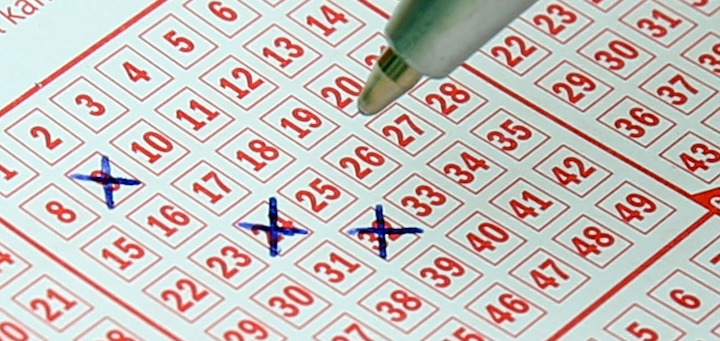
Almost 20 councils have created their own local lotteries in just over a year, research from Room151 has discovered.
In August 2016, just one local authority lottery was in existence, set up by Aylesbury Vale District Council in 2015.
However, a Room151 analysis of Gambling Commission data shows that since September last year, a further 18 have been created at a rate of almost one and a half each month.
Kate Brewster, marketing manager for the Aylesbury Vale lottery, said: “I guess, from the outside, no one knew whether our lottery would be successful or whether it would come in for criticism.
“The business case my colleague and I worked on gave every indication that it was low risk and would benefit the community but it’s only now many other authorities are seeing the results, that they have more confidence in the model.
“It’s great to see other councils starting their own lotteries and we’ve certainly been advising a number of them.”
Brewster said that the creation of lotteries was partly a response to shrinking budgets due to austerity.
She said: “Historically we’ve awarded grants to a number of these organisations, providing important support for countless community projects.
“This is something we still do but which has seen a reduction over the years following central government cuts.
“Vale Lottery works alongside our grants service but takes the council from a provider to facilitator.”
More than £120,000 has been raised in less than two years for local causes, Brewster said.
In June, West Somerset Borough Council and Taunton Deane Borough Council created a joint lottery.
Jane Warmington, West Somerset Borough Council’s executive councillor for community leadership, said: “The Somerset West Lottery is a great way to support charity and voluntary organisations, while the council manages its reduced budgets.
“We believe this option, with an external company taking responsibility for the prize fund costs, mitigates any risk to the council.”
Last year, Eastbourne Borough Council announced plans for its own lottery to take pressure off its £60,000 small grants budget.
A report to officers said: “Eastbourne Local Lottery could be used to reduce the council’s expenditure on grants without reducing the level of funds allocated through the Community Grants programme.”
And this month, Essex County Council has become the latest authority to create a lottery, which it claims is the biggest so far.
The Essex Lottery will provide a funding stream for county-based charities, with participants able to select the charity they want to receive the bulk of their donation.
Essex, along with most of the other lotteries created by councils, has appointed registered operator Gatherwell to run its scheme.
Gambling Commission data shows that in addition to the 19 lotteries up and running, another six councils have been granted lottery licenses but have yet to launch ticket sales.
Others, including Eastbourne, have signalled their intention to apply for a license.
Councils have had the power to create lotteries since the 2005 Gambling Act, although it took 10 years for Aylesbury Vale to become the first to make use of the powers.
Councils must apply to the Gambling Commission for a license to operate a lottery, and can award a top prize of £25,000 or 10% of the proceeds.
The rules require authorities to retain accounting records for a minimum of three years from the date of any lottery to which they relate, which must be made available for inspection by the commission.
Under previous lottery legislation – the 1976 Lotteries and Amusements Act – a significant number of local authorities had held registrations with the Gaming Board of Great Britain to promote lotteries to raise income.











